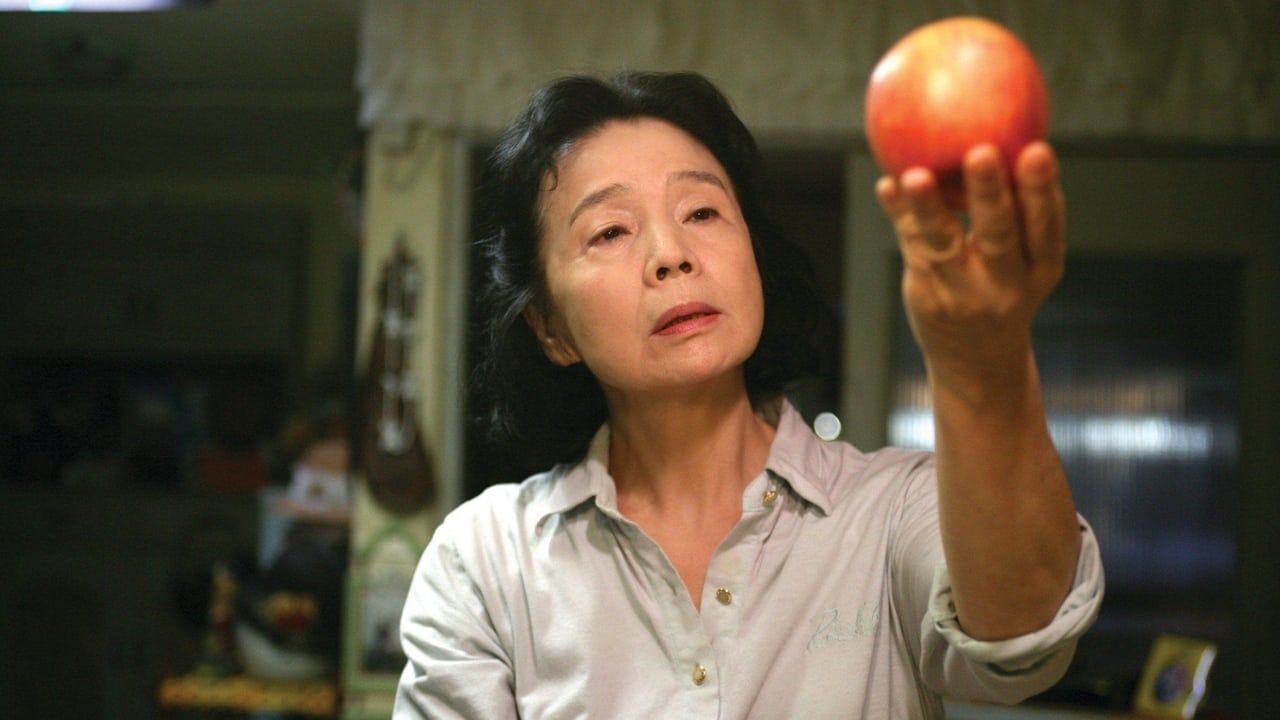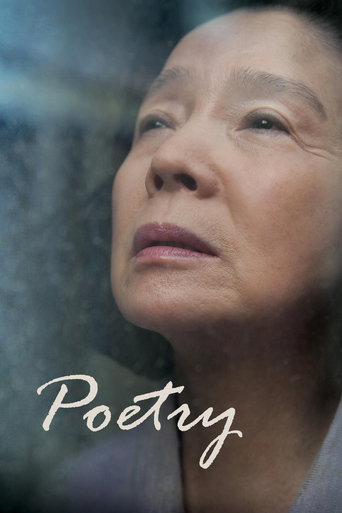Actuakers
One of my all time favorites.
ReaderKenka
Let's be realistic.
Protraph
Lack of good storyline.
TeenzTen
An action-packed slog
scarletpumpernickel
(and obligatory, petulantly begrudging spoiler alert)Actually, the help I need is because... lately, like a pre-Alzheimers (insert noun here) despairing over his vanishing nouns, I've been failing to accurately predict a movie's ending. There was my last endeavor (Berberian Sound Studio), where I was certain the benighted hero was going to be ushered to a grisly Wicker-Man-like fate merely for the sake of the director's lust for realistic screaming. And now, to my greater shame, I thought for sure Miah was slowly and tortuously wrestling with an eye-for-an-eye type decision - namely, who to throw off the bridge, herself or her cretinous grandson, given that her delicate, poetic nature would not allow her to embrace the crass monetary solution proposed by the others. Here again,as with Berberian, incidentals even seemed to support my notions of imminent hyperdrama - in particular, where Miah fixates about getting the boy properly bathed and trimmed- as a sort of pre-sacrifice ritual perhaps.Btw, one reviewer seemed to think the boy just needed some stern talking to, failing to understand the self evident fact that the lout was irredeemable; though it seemed clear Miah held no such illusion. I just can't understand it. Have I lost my mojo?
Christian
The theme of old age and illness find a new positive essence in poetry. A device to have even the elderly explore life in new and interesting ways. The excellent screenplay and brilliant directing from Chang-Dong Lee combined with an engaged ensemble cast and revealing cinematography, give place for an intimate interaction. The poets and aspiring poets fit well in this story of inner discovery. The inspiration is difficult to come by and external events will accentuate the duality of seeing life as an observer while also being an essential actor. The multi-layered story has poetry, dialogue, imagery and much time for reflection. The film builds up to the last poem "Agnes' Song" by Mija Yang (the protagonist) which is powerful and perfect. Accentuated by it's accompanying images, it brings out life, beauty, sadness, acceptance, connection and so much more. The editing is especially effective here, but is extraordinary throughout. The ending confirms that the collections of individually intense and intelligent scenes witnessed transcends by transposing and transforming Mija and ultimately the viewer. Hopefully this will inspire a perhaps much needed poetic view of this hypermodern world which can barely watch deliberate thoughtful meaningful measured movies like this, much less find and read a poem. Maybe this artistic beckon will even encourage someone to write one.
amirborgheie
SOUTH Korea WITH THESE MOVIES SHOWS THAT HAS MAGIC ABILITIES TO SHOWS ITS POWERS IN WORLD CINEMA.ALONE WOMAN BETWEEN INTRIGUED PROBLEMS AND NO one to help her. she has an unkind boy and an old paralysis husband that day in -day out face of life too, tease her. she is so patient and she is poet too that inspirates from nature. she needs someone to help her but she does not him/her.she tries to participate in different scientific and poetic parties to content her loneliness.she loves her boy and her husband and in deep heart she does her responsibilities as a mother and wife but she is still young and she has young views in life. overall,director shows devotion of the woman through the movie.i personally, do not like south east cinema but movies like poetry can make me change my mind about south east cinema.
josealfonsoprz
This is a very special film that brings us to something that many deeply love: poetry.What is poetry, how to get it? a slightly older woman, but not yet old (played by Jeong-hie Yun), who lives with her grandson, try to find answers to these questions while facing a diagnosis of Alzheimer's disease and painful evidence of the utter lack of awareness of his grandson. His teacher (played by Korean poet Kim Yong-taek) will help you find your way to the poetic word, that word that bleeds or laughing at the same time of sorrow or joy in the world.A film that is itself a poem, a poem delicate as a cherry blossom, made by the Korean director Chang-dong Lee.

